Today is September 28th, better known as St. Wenceslas Day. It is a National Holiday in the Czech Republic.
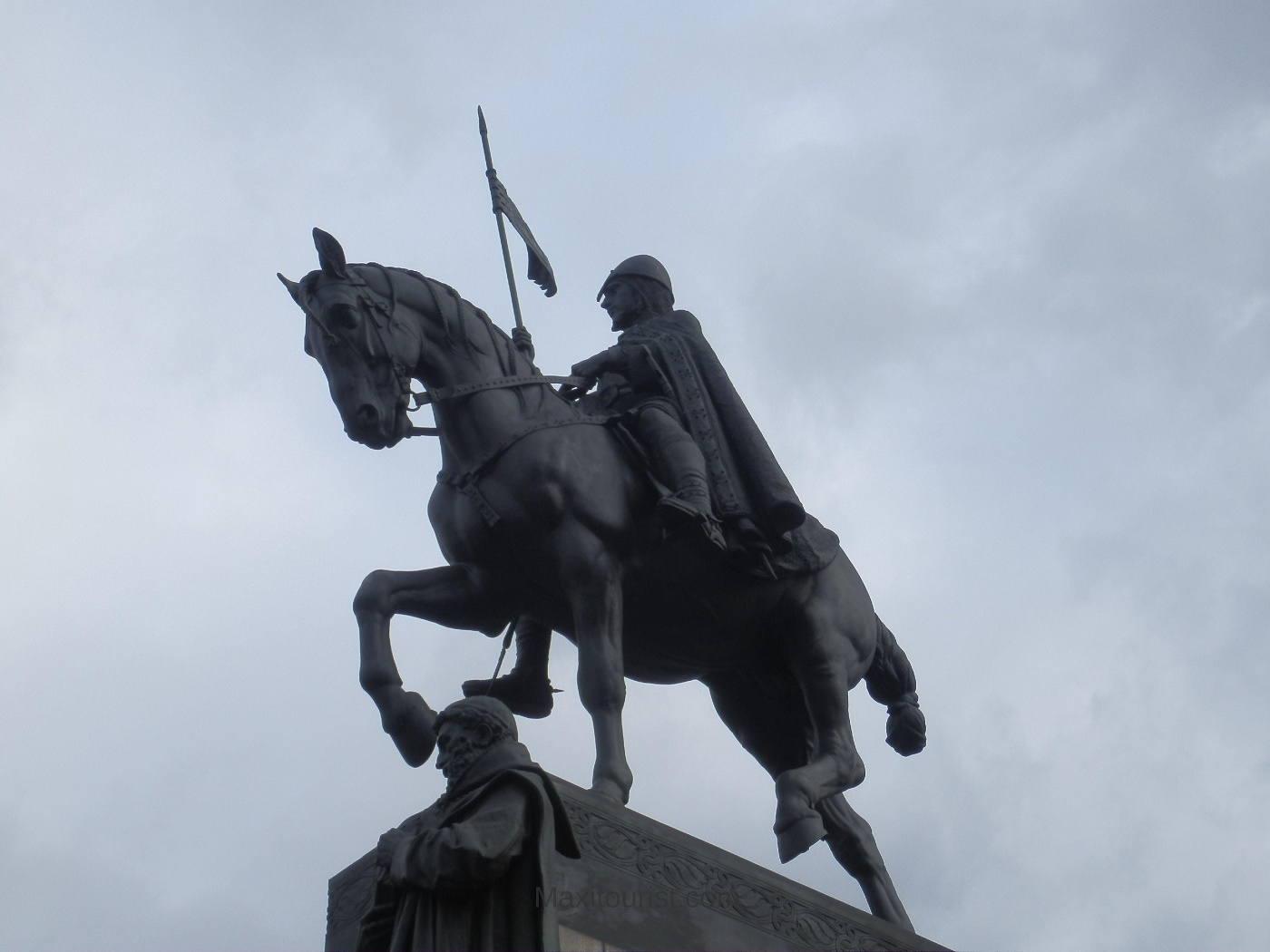
This holiday is always celebrated on the 28th of September and, is also known as ‘Czech Statehood Day’. It has been a public holiday since 2000.
It is the feast day of St. Wenceslas, the patron saint of Bohemia, and commemorates his death in 935.
People all over the Czech Republic will celebrate the St. Wenceslas Festival because it is one of the most popular autumn celebrations. Festivities will be taking place at many venues throughout the Czech Republic.
In some places, the end of summer is a reason to mourn, but Czechs prefer to celebrate. On this day, they honor the memory of St. Václav because this was the day when his brother murdered him.
Wenceslas was born near Prague in 907 and was the son of the Duke of Bohemia. His father died in 921, and Wenceslas ruled from 922 when he was 15 years old. Raised as a Christian, primarily by his grandmother, Ludmila, who had been baptized by the Greek missionaries Cyril and Methodius, who brought Christianity to the region.
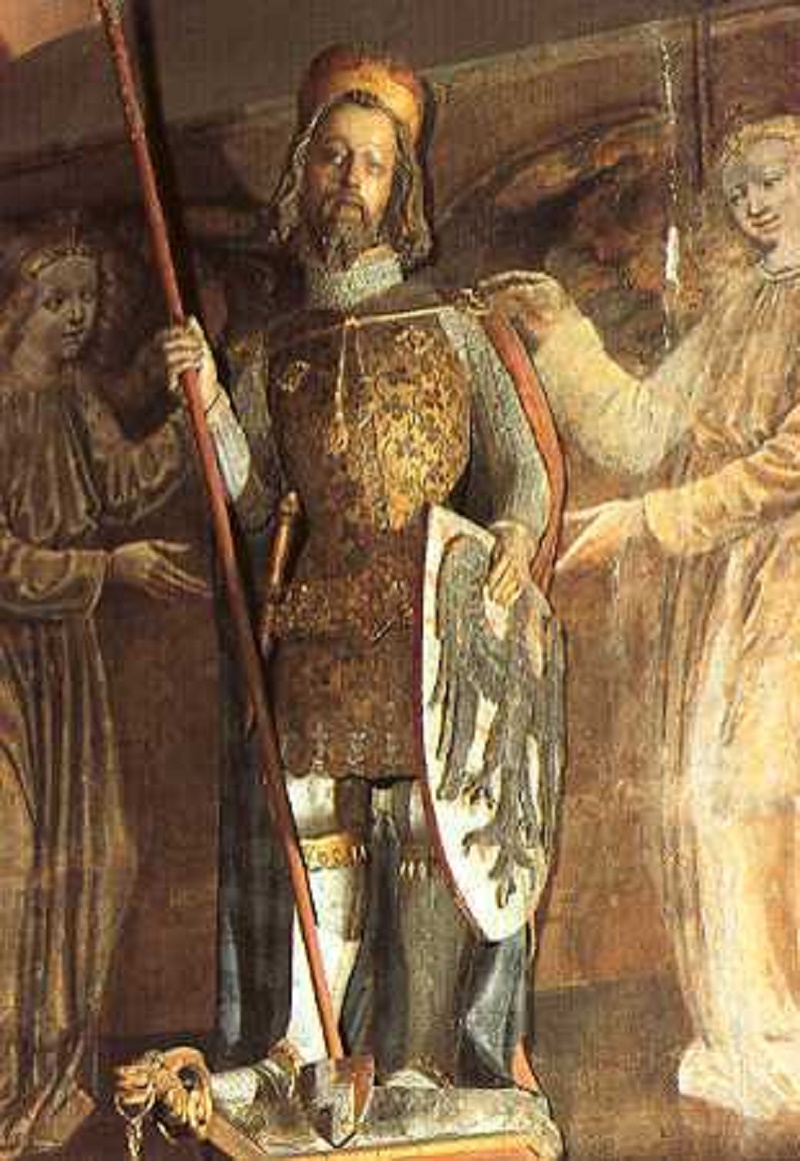

His support of the church marks the reign of Wenceslas, his aim to unify Bohemia and make peace with Germany. These policies created enemies within his court and even his family. His brother Boleslav was one of those who plotted against him. Boleslav invited Wenceslas to a church consecration.
On the morning of September 28, 935, on his way to the mass, Wenceslas was attacked by Boleslav and killed by his brother’s supporters. Having suffered a martyr’s death, Wenceslas was immediately considered a saint. This led to a cult of veneration, with several biographies being written and miracles attributed to him. He was even posthumously made a king by the Holy Roman Emperor, Otto I, which is why the carol refers to him as a king when he was a duke in life.
After Wenceslas’ death, Boleslav assumed power and reigned for almost fifty years. Later in life, Boleslav clearly felt remorse or guilt for his actions, and in 972, he had the first church devoted to Saint Wenceslas built in Prague.
One of the most famous monuments in Prague and perhaps the Czech Republic is the statue of St. Václav on Wenceslas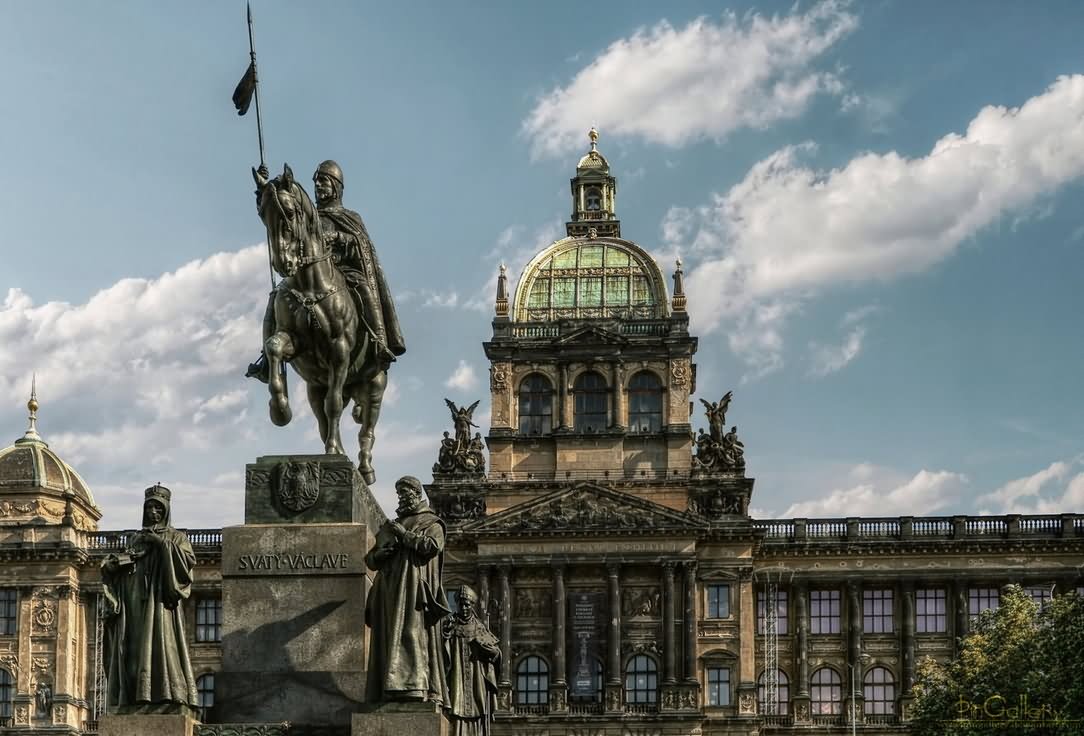

Here, the Czech prince is watching over one of the largest squares in the Czech Republic from his saddle. And from this seat, he has witnessed, astride his horse, many of the major events in the history of this country.
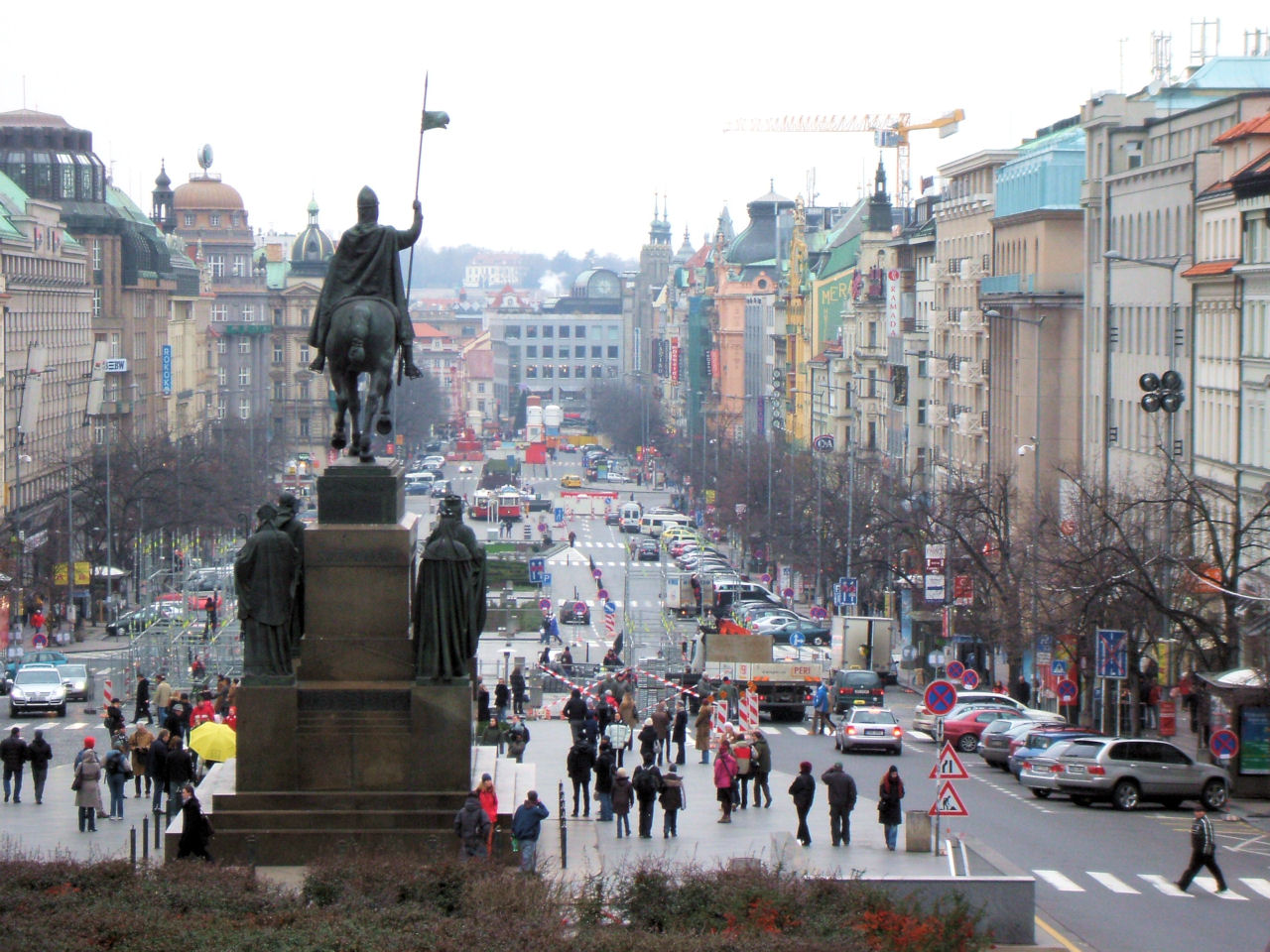

St. Václav is the patron of the Czech lands and the most popular saint for the Czech people. He remains the most popular Czech saints: patron saint, martyr, and a personality that has played a very important role in the emancipation of the Czech state and the Premyslid Dynasty within Christian Europe.
May you have a blessed Den české státnosti – Svatý Václav or, as we say in the US, a blessed Saint Wenceslas Day.
Sources: Wikipedia, iDnez, Czech Tourism, RadioCZ.
A poem:
Svatý Václav
Už jenom z kovu,
dutý a bez myšlenky,
jsi nám zbyl.
Nanejvýš občas
(jednou za dvacet let)
nám ještě posloužíš
jak symbol protestu.
Tehdy jsme opravdu zoufalí,
ale tvého ducha
už dávno nemáme.
Tvůj Bůh se vytratil,
ani nevíme kdy,
z tvého někdejšího království,
a tvá výzva k smíru s nepřáteli? –
tu jsme přece teprve nedávno
více než třímilionkrát porušili!
Není se proto vůbec co divit,
že jsme se stali tak snadnou kořistí
pravnuků Džingischána.
Zdá se tedy,
že nejprve musíme odhalit
Boleslava v sobě.
Teprve pak bude mít smysl
klepat na kov tvého koně,
abychom se ze tvé rozechvěné tváře
naučili
lidskému výrazu.
(Josef Tomáš – Říjen 1982)
Translated:
Saint Wenceslaus,
Now just metal,
Hollow and thoughtless,
You remain with us.
At most, occasionally
(once every twenty years),
You still serve us
As a symbol of protest.
Back then, we were truly desperate,
But your spirit
We have long lost.
Your God has vanished,
We don’t even know when,
From your former kingdom,
And your call for peace with enemies? –
We have broken it more than three million times!
So there’s no need to be surprised at all
That we have become such an easy prey
For the descendants of Genghis Khan.
It seems, therefore,
That first we must uncover
Boleslaus within ourselves.
Only then will it make sense
To knock on the metal of your horse,
So that from your trembling face,
We can learn
Human expression.
(Josef Tomáš – October 1982)
We tirelessly gather and curate valuable information that could take you hours, days, or even months to find elsewhere. Our mission is to simplify your access to the best of our heritage. If you appreciate our efforts, please consider donating to support this site’s operational costs.
See My Exclusive Content and Follow Me on Patreon
You can also send cash, checks, money orders, or support by buying Kytka’s books.
Your contribution sustains us and allows us to continue sharing our rich cultural heritage.
Remember, your donations are our lifeline.
If you haven’t already, subscribe to TresBohemes.com below to receive our newsletter directly in your inbox and never miss out.


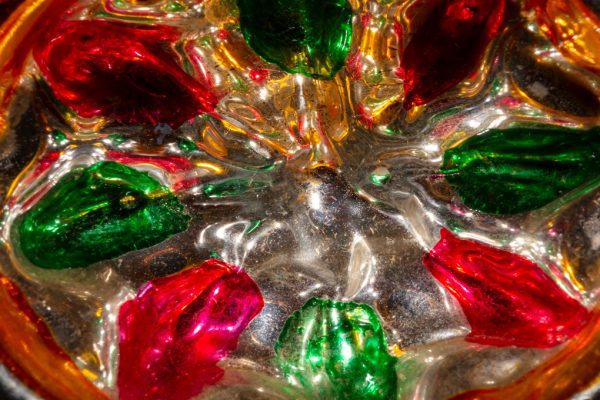
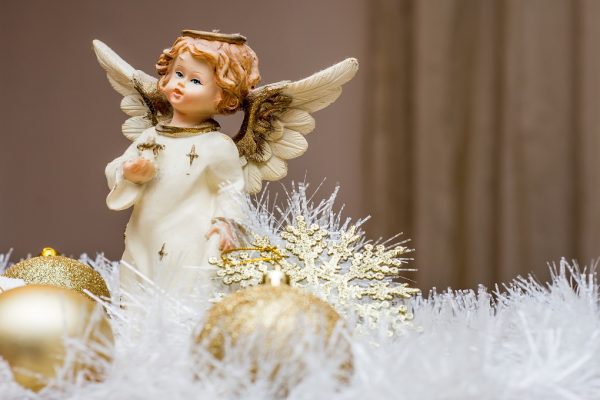
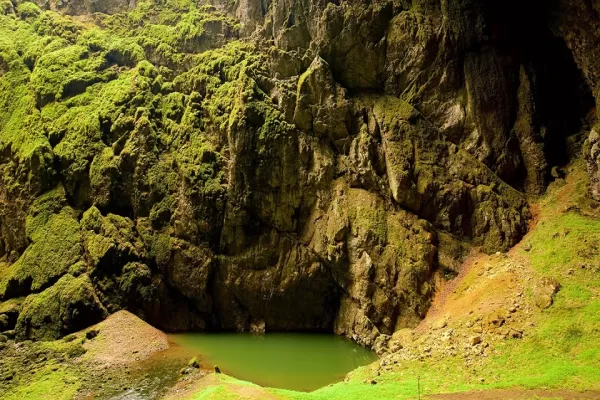















Dnes je svatek taky meho otce. Vaclava.
Oh! So here is to the holiday of your father and my grandfather Vaclav. I love you! xoxo
Thank you for sharing this one.
Thank you very much for this valuable Information.
Our patron saint, Svatý Václav.
Every weekend I go to see this site, for the reason that I want enjoyment and learning about Czech. I learn many things and I am grateful for your hard work and commitment.
I recently learned it was a Czech who wrote the story on which the Christmas carol, Good King Wenceslas, was based. Here’s a short documentary by a Slovakian historian (in English) on the topic. https://youtu.be/gYnCon4aME8